Case Studies
-
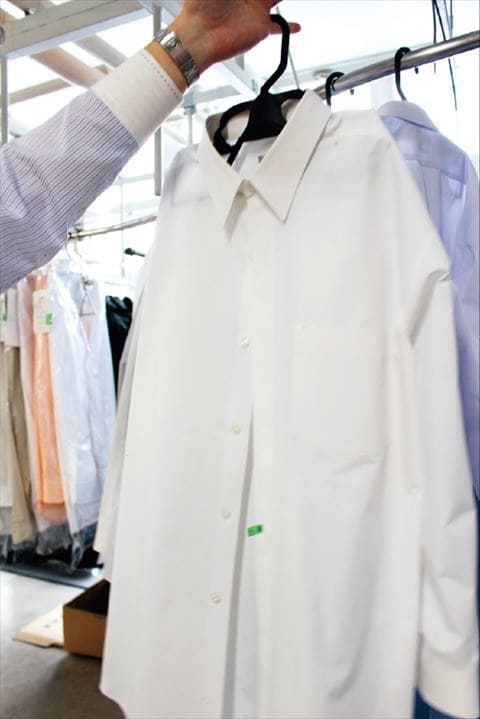
Eco-Friendly Dry Cleaning
Japan
A dry cleaning shop that has found the power of natural soap and EM, and provide laundry service that is people and environmentally friendly. more
-
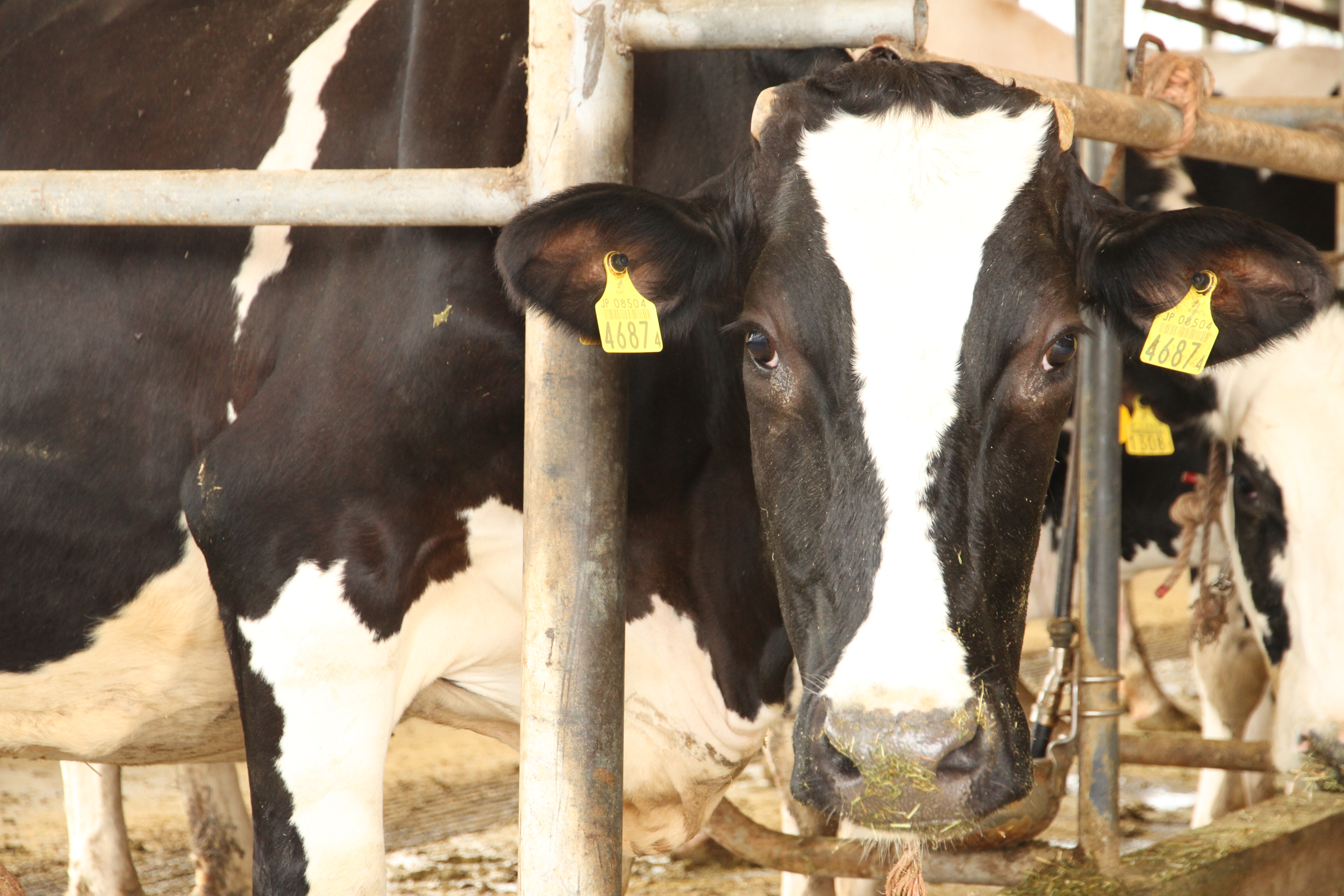
Delicious EM Milk, Less Stress for Cows
Japan
Tamaki Farm has been using EM for their milk production for a long time. Their EM Milk has become a famous brand in Okinawa, Japan. It is popular not only in Okinawa, but in other areas in Japan. more
-
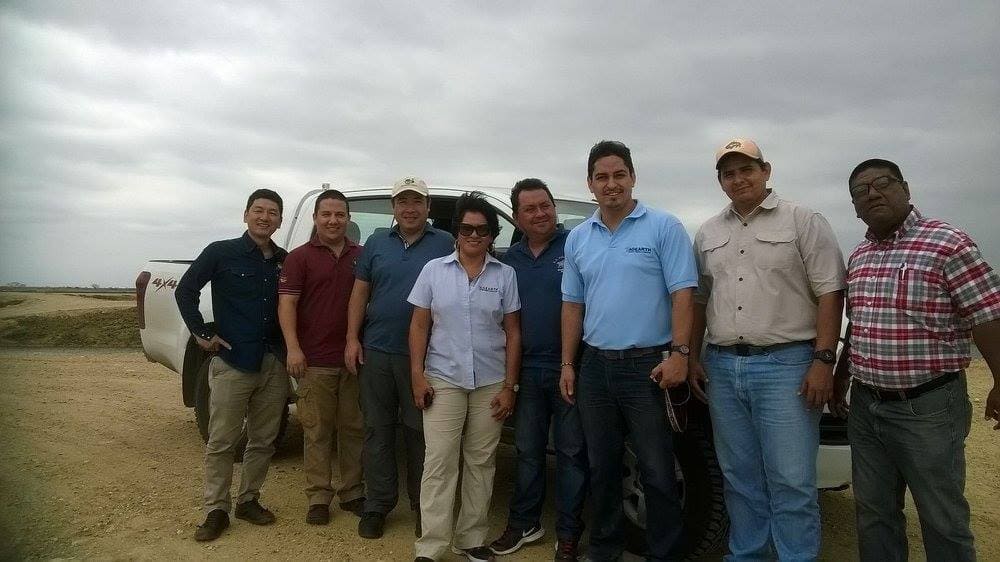
Shrimp White Spot Disease Controlled
Ecuador
EM started as a measure against serious disease outbreak called White Spot Disease in Ecuador in 1999. Damages devastated approximately 50% of total shrimp production. EM farmers have totally controlled the relevant disease. more
-
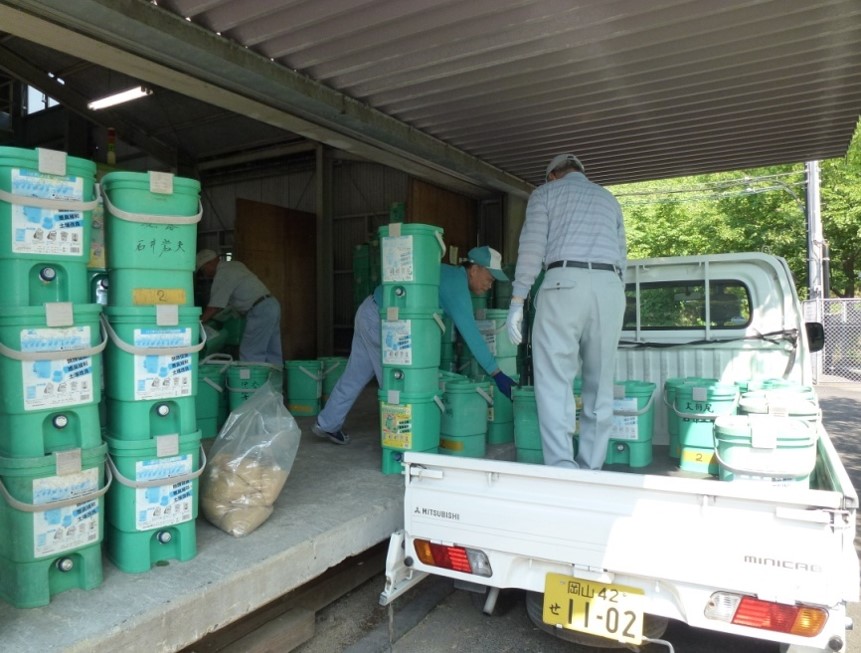
Aiming for an ecologically minded town
Japan
In Funao Town, the local government and residents are working together to make their lives more sustainable. Kitchen waste is collected from each household and processed into high quality fertilizer using EM Bokashi. more
-
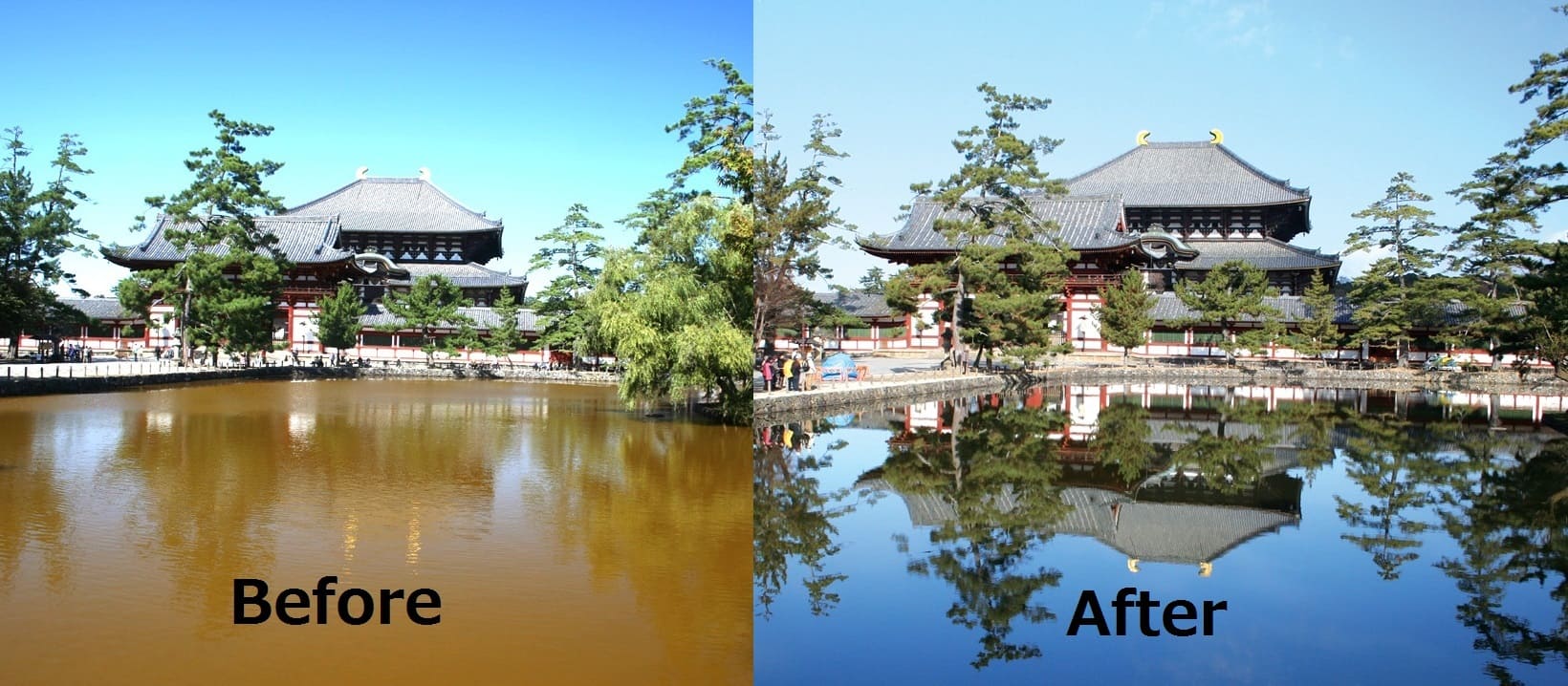
World Cultural Heritage Temple Pond Became Clean
Japan
One of the most remarkable reports in Japan is the case of EM application at Todaiji Temple, which is famous for the "Great Buddha in Nara". They are using EM Technology with excellent results not only for water treatment of the pond inside the Temple but also for the recovery of pine trees and elimination of foul odor on the septic tanks and deer excreta. more
-
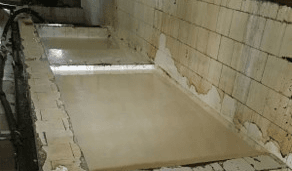
Bad odor vanishes from a rubber factory
Sri Lanka
By adding EM, ammonia smell was gone from a rubber factory. more
-
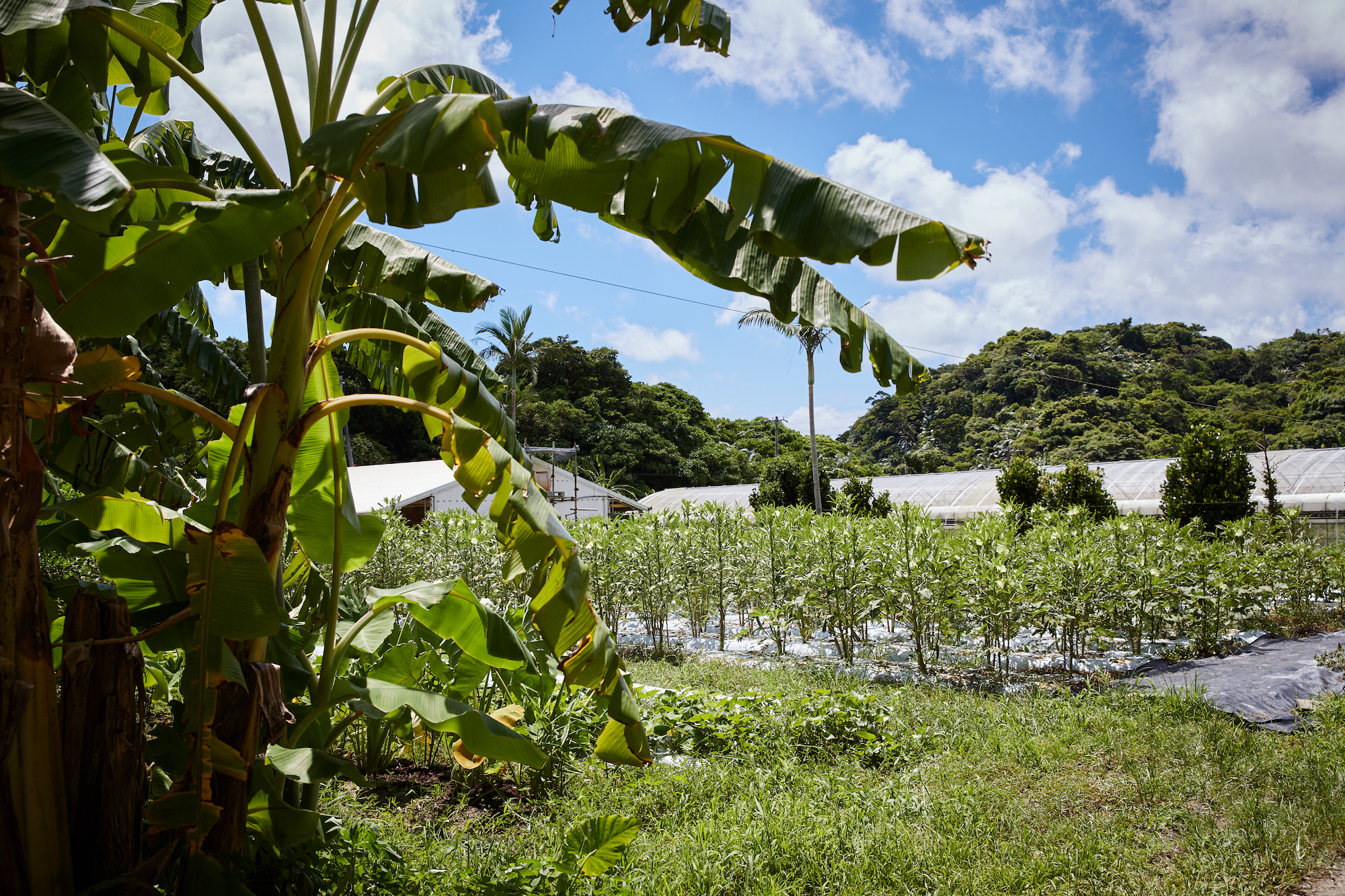
Circular Farming for Food and Community I
Japan
EM Sunshine Farm was naturally, an abandoned land full of concrete debris and garbage that spoiled the soil.
In 2011 EMRO has started managing this waste land to convert it into a totally no chemical use natural farm with the application of EM Technology.
Kitchen waste from the EM Wellness Resort Costa Vista Okinawa Hotel & Spa is collected to make EM compost and EM feed to be used at the farm.
Meanwhile, harvest from the EM Sunshine Farm is delivered to the Costa Vista Okinawa Hotel restaurant.
more -
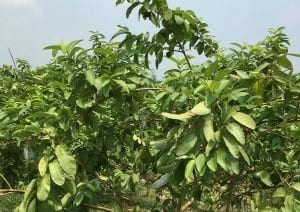
Tropical Fruits on soil with salt damage
India
Better growth of tropical fruits on soil with salt damage more
-
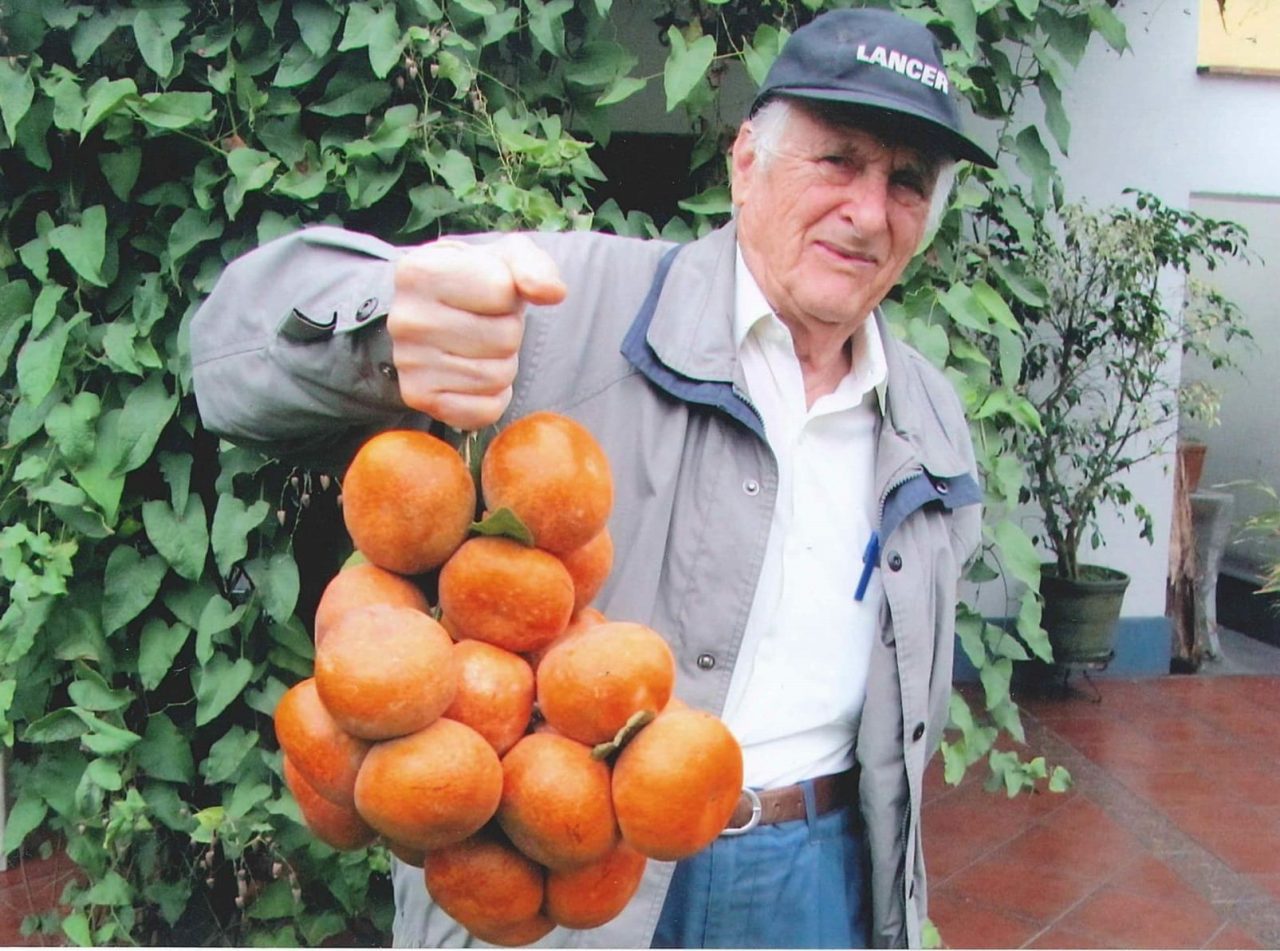
Double Orange Yield With 40% Cost Cut
Peru
This orange farm from Peru has used EM Technlogy for irrigation and foliar applications. They don’t use chemical fertilizer but apply EM-fermented liquid fertilizer. After the 6 years of keeping the use of EM, the orange harvest increased to 90 tons per ha. Let’s check out their secrets. more
-
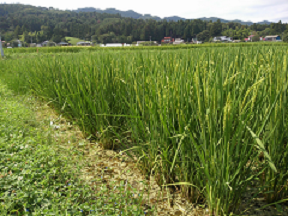
What Happened to Rice Paddy Affected by Tohoku Tsunami?
Japan
When Tohoku earthquake and tsunami hit Fukushima, Mr. Haneda wanted to reduce radiation exposure at a local ground golf course. Activated EM-1(AEM) was abundantly sprayed over te course again and again. The result showed the reduction in the radiation readings. Then Mr. Haneda was positive to apply AEM for his rice paddy that was also contained radioactive substances. more
-
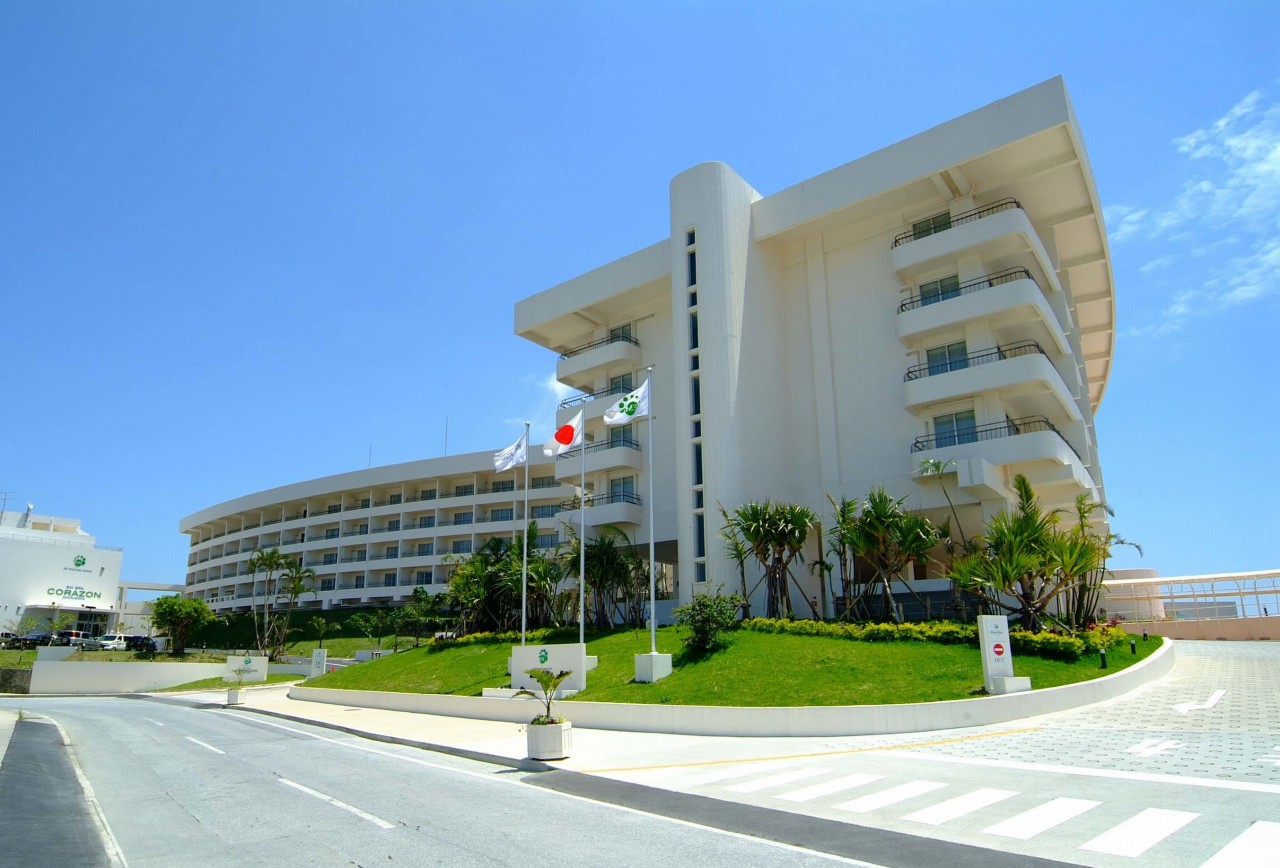
Green Renovation: Before & After
Japan
In 2002 EM Research Organization purchased a hotel to renovate by using EM Technology. The hotel buildings were so damaged that the remodel was considered unrealistic. However, it turned to be a huge success. This surprised people because the hotel used to be called one of the 'ghost' hotels in mid Okinawa. more
-

Volunteer Spirit for Growing Cherry Blossom
Japan
Perhaps, Meio is the only university in Japan in terms of collaboration with EM Research Organization in the large scale. On campus EM Institute broadcasts EM-related information, workshops, and Activated EM-1 available to the public. How are they successful? more